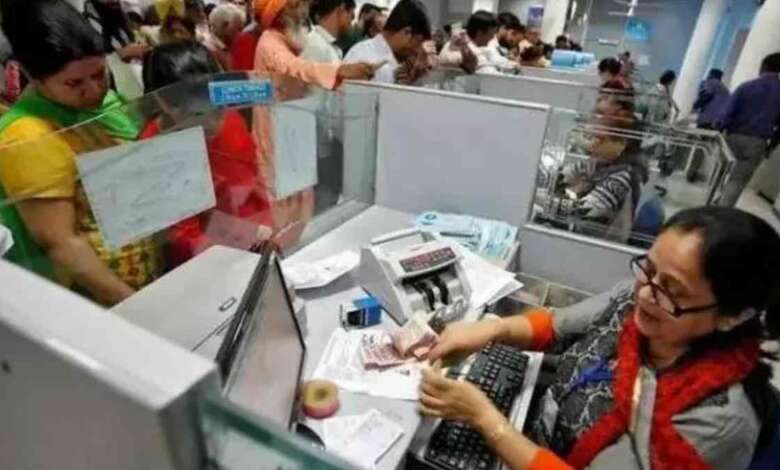Bank License Cancelled: Big News! RBI Cancels License of This Co-operative Bank, What About the Depositors’ Money?

Bank License Cancelled: Mumbai: The Reserve Bank of India (RBI) has taken strict action against another co-operative bank. The license of ‘The Laxmi Co-operative Bank Limited,’ based in Solapur, Maharashtra, has been cancelled. This decision by the RBI has caused panic among the bank’s customers. The main question on everyone’s mind is: will their hard-earned savings be lost? Let’s find out the details.
Why This Strict Decision?
The Reserve Bank has stated that The Laxmi Co-operative Bank lacks adequate capital and earning prospects. Its license was cancelled for violating several provisions of the Banking Regulation Act, 1949. The RBI also mentioned that the bank’s current financial position is so weak that it is unable to pay its depositors in full. Allowing the bank to continue its operations would have been prejudicial to the public interest. Therefore, this step was taken to protect the interests of the depositors.
What Will Happen to the Customers’ Money?
It is natural for customers to be worried by the news of the license cancellation. However, there is a silver lining. According to the Deposit Insurance and Credit Guarantee Corporation (DICGC) Act, 1961, every depositor in the bank is insured up to an amount of ₹5 lakh. This means that if you have ₹5 lakh or less deposited in the bank, you will get your entire money back.
Those whose deposit amount exceeds ₹5 lakh will, for now, receive only ₹5 lakh. The process for returning the remaining amount will depend on the bank’s liquidation (settling liabilities by selling assets). The RBI has stated that more than 99 percent of the depositors of this bank are entitled to receive the full amount of their deposits from the DICGC.
How to Get Your Money Back?
Following the license cancellation, the RBI has requested the Commissioner for Cooperation and Registrar of Cooperative Societies, Maharashtra, to issue an order for winding up the bank and to appoint a liquidator. This liquidator will initiate the process of returning the money to eligible depositors as per DICGC rules. Depositors are advised to stay in touch with their bank branch and be prepared to submit the necessary documents.
This incident once again proves how crucial it is to inquire about the financial health and stability of a bank before depositing money, especially in the case of co-operative banks where greater caution is needed.

